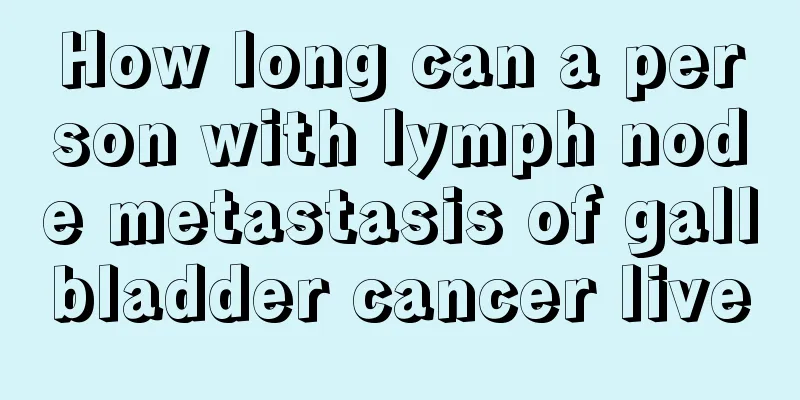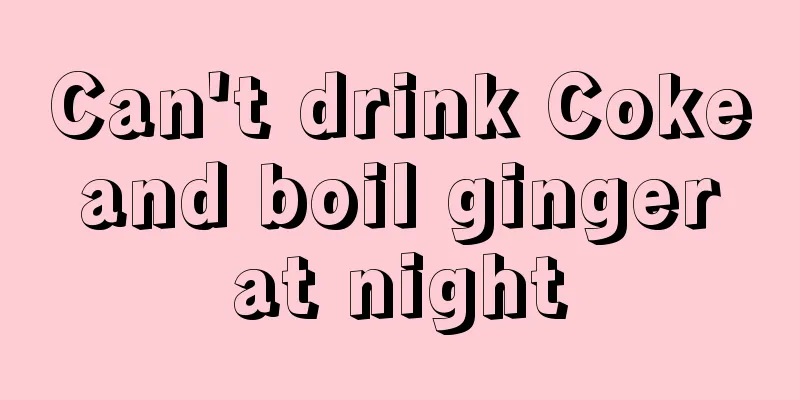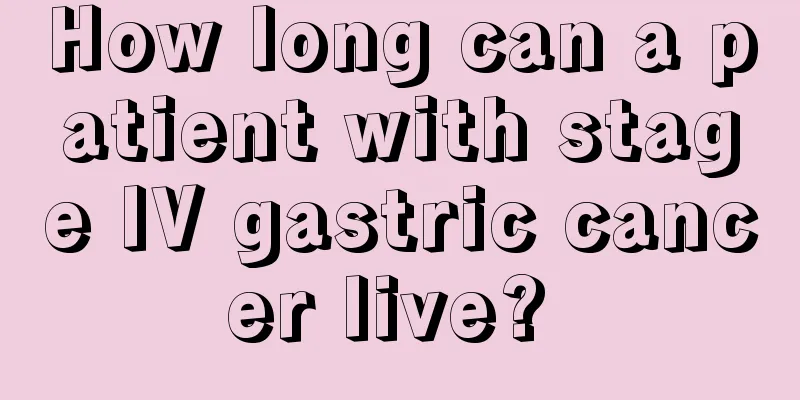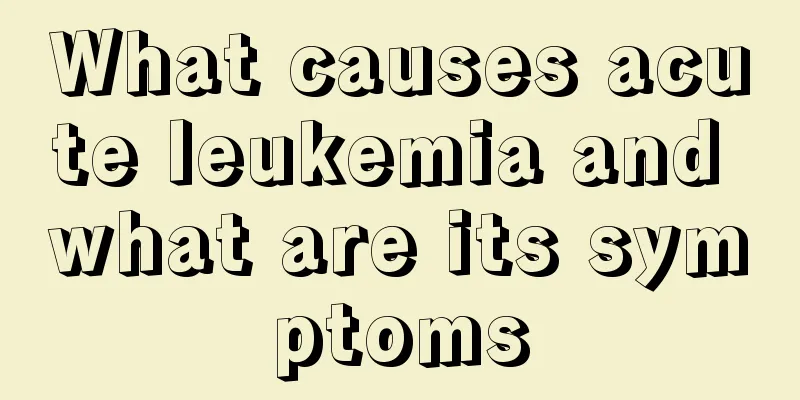Will you burn fat when you are hungry?

|
The human body should consume as little fat as possible every day. Although fat is an essential component of the human body, consuming too much fat will cause obesity symptoms. And if you find that you consume too much fat every day, you should do appropriate exercise in your daily life to burn fat. Everyone feels hungry every day, but will a person consume fat when he is hungry? Carbohydrates mainly provide us with sugars, so sugars are the main energy source for the human body, while fat is the main energy storage substance for the body. The role of protein is to constitute the body of life and regulate life activities. When our body starts to be in a state of hunger, it means that the blood sugar in your body has been used up, and the body will begin to consume the glycogen in the body to replenish blood sugar, so after being hungry to a certain extent, you will find that you are not hungry again. When liver glycogen is exhausted, blood sugar concentration will begin to drop, glucagon secretion will increase, and fat and protein will begin to be consumed for energy. You may think that when you are hungry to a certain extent, you will start to burn fat, and our goal has been achieved? The fact is that when the insulin in your body decreases and the glucagon increases, the rate of muscle breakdown will accelerate, which means that your muscles are also starting to be lost. What effects does long-term hunger have on the human body? The human body is a very powerful self-regulating machine. When you are in a state of hunger for a long time, it will think that you are about to die, so it will start to slow down your entire basal metabolism by lowering your body temperature, heart rate, etc. So, on the one hand, you are trying hard to starve yourself, and on the other hand, your body is "being smart" and reducing energy consumption. You eat less, but you consume fewer calories. For some people who only eat one or two meals a day, blood sugar levels will fluctuate greatly. When you eat, your body will unconsciously absorb excess calories to store nutrients, which will be more detrimental to weight loss. Therefore, most people are very likely to rebound after dieting. Why do I get fatter after dieting? As mentioned above, when you are hungry, not only is fat being metabolized, but muscles are also being consumed. And the subsequent rebound is that only fat but no muscle increases. After a long period of dieting and then eating again, the body fat rate will become higher and higher, and the basal metabolic rate will also decrease, so it is possible to be fatter than before. Therefore, starvation-style fat loss method is not advisable. |
<<: How to fall asleep when others snore
Recommend
Can nasopharyngeal carcinoma be cured? Is chemotherapy necessary?
Can nasopharyngeal cancer be cured? Is chemothera...
What are the dietary methods for nourishing the kidney and strengthening the spleen?
To nourish the kidney and strengthen the spleen, ...
The difference between green papaya and ripe papaya
What is the difference between green papaya and r...
The left side of my neck feels uncomfortable and swollen
The neck is very inconspicuous in our body. Many ...
Coffee plus exercise to prevent skin cancer? Let's do it
Skin cancer is one of the most common cancers in ...
T4 high
Some people will have high thyroid function T4 du...
Which foods can cause liver cancer? Eating two types of food frequently can easily lead to liver cancer
1. Do not eat moldy food Aflatoxin in fungi is a ...
Pain in the thigh when walking
When people walk normally, they need the cooperat...
Is the black butterfly poisonous?
The black butterfly is an insect with scales all ...
How to remove oil stains from clothes
Perhaps the biggest trouble in washing clothes is...
What is the cause of pain at the base of the testicles
The testicles are a relatively private part of th...
Suitable diet therapy for liver cancer patients during chemotherapy
Liver cancer is known as the "king of cancer...
Symptoms and treatment of foot arthritis
The foot joints of many people are not so healthy...
Treatment of esophageal cancer in the United States
For any disease, it is important to choose the ri...
Differential diagnosis of early nasopharyngeal carcinoma
Differential diagnosis of early nasopharyngeal ca...









